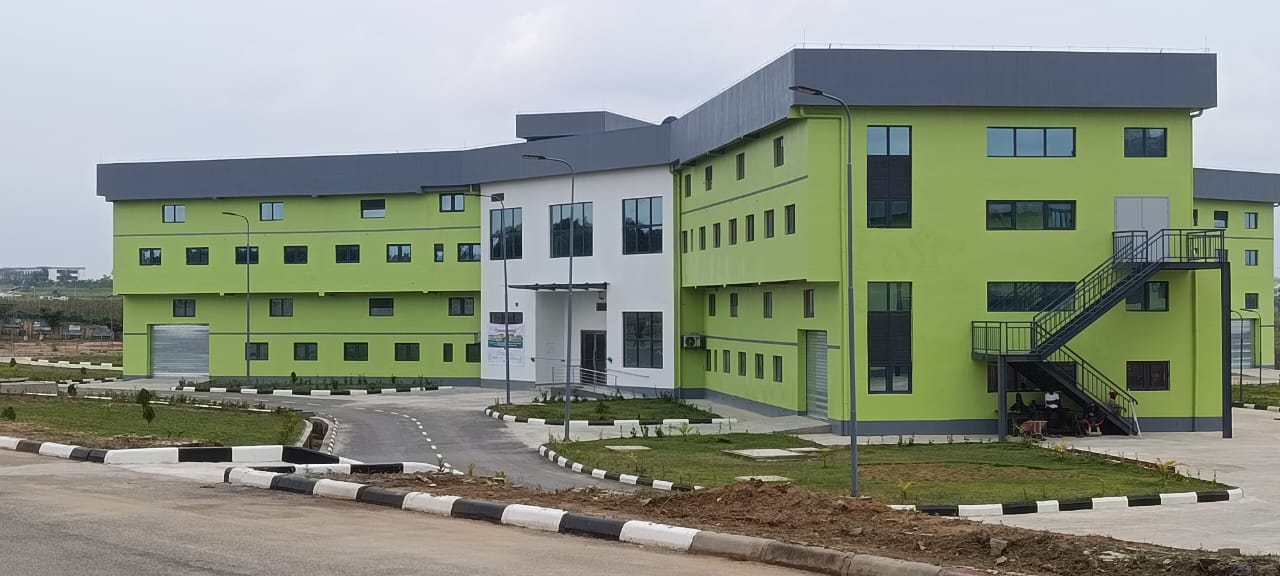Mini grid dev’t catalyst for Nigeria’s energy solution – Experts
By Mohammed Bababusu
Some experts in Kogi, Niger and Nasarawa have advocated increased investment to fast track development of the Independent Mini Power Grid, to boost electricity supply in the country.
They said the measure was necessary to check the incessant collapse of the national grid and its negative impact on the nation’s economy.
Mr Joseph Adedayo, an energy expert in Lokoja, Kogi, said that the establishment of independent mini power grids would greatly minimise power failure in the country.
He noted that if the 36 states and the Federal Capital Territory (FCT), Abuja, would build theirs mini power grids, the problem of power would be solved.
Adebayo blamed the current power challenges on weak regulations and lack of clear policies, hindering the development of state-owned power plants.
According to him, inadequate generation capacity slows down growth and expansion in the sector, thereby making it difficult for states to establish independent power plants.
He said that financial constraints also served as one of the major challenges hindering the state governments to venture into power generation.
The expert said that the establishment and maintenance of a power plant required substantial investment, which could be daunting for states with limited financial resources.
“The rising insecurity and frequent vandalism of power infrastructure pose significant risks to investing in independent power plants.
“These challenges highlight the complexity of Nigeria’s power sector and the need for comprehensive reforms to enable states to develop their own power plants efficiently,” he said.
While urging governments at all levels to secure power infrastructure to prevent vandalism and sabotage, Adebayo advised them to make a concerted effort to invest in mini-grids that could serve specific communities or local governments.
Mrs Joy Agu, a hair stylist, appealed to the Federal Government to do its best to address the incessant collapse of National grid, saying they could no longer cope with exorbitant cost of petrol to run their businesses.
“All my equipment are using electricity, and there is no way we can survive in this hair dressing profession without regular power supply, because we can’t cope with the fuel price.
“We are appealing to the government to fulfill its promise of ensuring stable electricity supply in the country,” Agu said.
Also, Hamza Aliyu, the Executive Director, Initiative for Grassroot Advancement in Nigeria (INGRA), emphasised the need to build capacity of states’ legislatures to understand the dynamics of the sector to be able to develop and pass regulatory laws that address specific needs of their respective states.
Aliyu also advised the legislators to enact laws that could also protect the rights of consumers.
“Since 1960, the right to legislate on issues concerning generation, transmission and distribution of electricity has always been the prerogative of the federal government.
“The amendment that enabled states to also participate, means that the one critical challenge of weak capacity, knowledge and expertise will have to be built for them to effectively participate.
“The energy subsector is capital intensive. The present resource management structure in Nigeria will make it challenging for states to get partners in the private sector to participate in the generation, transmission and distribution of electricity, ” he said.
He added that the human resources needed for coordination and implementation of the regulatory frameworks must be developed locally to ensure sustainabiplity.
Aliyu advised educational institutions and governments at State levels to work together to develop those capacities and produce the needed graduates from the State universities, colleges among others.
Mr Peter Onujeme, Director, Pee-links Electronic World Limited, streseed the need for the review power generation and distribution system to an independent national grid.
Onujeme said the National Grid system of distributing power was no longer workable, adding that, “to me, the government should, as a matter of urgency, unbundle the national grid system if it really wants to tackle the country’s power challenges.
“I suggest that independent power grids should be built in every region, and going forward build in every state of the federation.
“With this, the nation will stop depending on very few power plants that are generating inadequate megawatts to feed its huge population.
“A template is the Geometrics Power plant in Aba (built by a private investor), which is serving Aba and it’s environs.
“If this is replicated in all economic hubs in the country – Onitsha, Nnewi, Lagos, Port Harcourt, Kano and Kaduna, it will take the strain off the country’s power infrastructure.
The director said going forward, the construction of those mini plants would cascade down to every state of the federation and the perennial and embarrassing power problem would be permanently solved.
He blamed the current challenges on legislators, who had stopped states from having their independent power plants, until the Buhari lead administration changed the narrative and liberalised the power sector, allowing states to build their private power generating plants.
“As a result, Lagos has built one in the Ikeja hub, while geometrics came up in Aba. We are expecting more in most of the states,” Onujeme said.
According to him, corruption, lack of funds, vision and the political will are the major barriers preventing states from embarking on independent power projects.
Importantly, the Niger state government has announced plans to build its own power plant, following the signing of the new electricity act into law by President Bola Tinubu in 2023.
The legislation empowered states to generate, distribute, and transmit electricity, positioning them as key players in the electricity
Yakubu Katamba, Director-General, Niger State Electricity Board, said the state was poised to take advantage of the opportunity, adding that the state legislature must enact a law to regulate the market in terms of distribution and transmission of electricity.
Katamba revealed that a new agency, the Niger State Regulatory Agency, would be responsible for overseeing the process.
He said the proposed law had been sent the state assembly and expected to be passed before the end of the year.
Katamba identified the absence of a regulatory law as a significant challenge towards establishing a state-owned power plant.
Katamba said the state government had launched the Bago Electrifying Niger State Agenda to tackle the challenges of electricity supply in the state
This, he said, focused on repairing bad transformers to reduce power failures, upgrading obsolete breakers in Minna, Kontagora and Bida, and establishing relief stations to reduce load on overloaded substations
He said that by addressing these challenges and leveraging the new electricity act, Niger state aimed to become a key player in the electricity sector and ensure a stable power supply for its residents.
Mr Danladi Jatau, the Speaker, Nasarawa State House of Assembly, said the legislature would do its best to ensure that the state government got the needed legislative backing to generate, transmit and distribute sufficient power supply to the people of the state.
He said that, if the state generate its own electricity, it would tackle the lingering issue of poor electricity supply in the state.
“This will create jobs, boost socioeconomic activities and increase the revenue base of the state,” the speaker said. (NAN)(www.nannews.ng)
Edited by Mohammed Baba Busu/ Isaac Ukpoju








